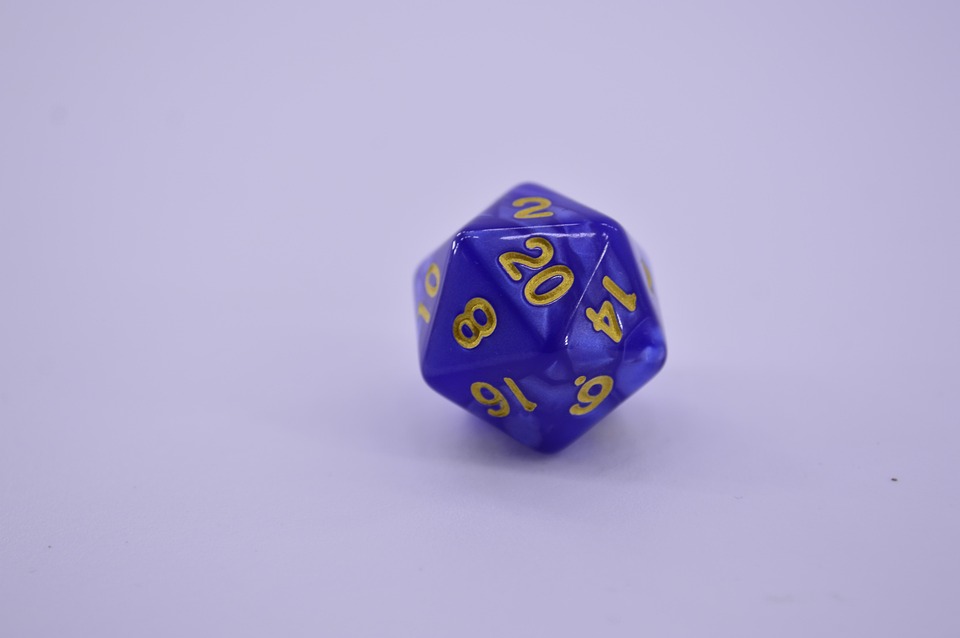Role-playing games (RPGs) are a blend of storytelling, character development, and immersive experiences. One of the core elements that make these games compelling is the balance between grit—the tough, sometimes brutal realities that characters face—and glory, the triumphant moments and victories that pave the path to heroism. Striking the right balance between these elements can elevate your campaign from a straightforward adventure to an epic saga that resonates with players.
Understanding Grit and Glory
Grit
Grit represents the relentless challenges, sacrifices, and hardships that characters endure. It could manifest as:
- Harsh Consequences: Characters may lose health, resources, or even allies. The stakes should feel real, and failure must have consequences.
- Moral Dilemmas: Introducing complex moral scenarios forces players to make tough choices, further deepening their investment in the storyline.
- Endurance Tests: Challenges that require tenacity, such as navigating a hazardous terrain, surviving starvation, or dealing with betrayal.
Glory
In contrast, glory represents the rewards and triumphs characters experience on their journey. This can include:
- Achievements: Big victories, like defeating a powerful enemy or solving a twisted mystery, foster a sense of accomplishment.
- Character Growth: The evolution of characters through experiences, skills, and relationships.
- Impactful Narratives: Moments where players’ decisions lead to significant changes in the game world, reinforcing the importance of their roles.
Crafting Challenges
To balance grit and glory in your RPG campaigns, consider the following strategies:
1. Layering Challenges
Introduce multiple layers of challenges that intertwine grit and glory. For example, an initial encounter might result in a tough battle (grit) that ultimately leads to the discovery of a powerful artifact (glory). This dual structure keeps players engaged and invested.
2. Creating Tension
Tension is essential for balancing these two elements. Use countdowns, ticking clocks, or escalating conflicts to increase stakes. Players feel grit as they race against time, but achieving their goal brings a glorious sense of relief and triumph.
3. Designing Moral Dilemmas
Incorporate decisions that test the character’s moral compass. Perhaps saving a village may mean sacrificing personal gain or the life of a close ally. Such ethical quandaries heighten the sense of grit, while coming through in a moment of glory results in profound narrative payoff.
4. Rewarding Failure
Sometimes, failure leads to the most profound character development. If players fail a challenge, give them an opportunity for redemption. Maybe a tough battle results in loss, but the team can regroup and learn from their mistakes. Hitting rock bottom can be a powerful narrative tool that sets the stage for a glorious comeback.
5. Diverse Challenges
Keep the gameplay fresh by introducing various types of challenges—combat, puzzles, exploration, and social interactions. Grit can stem from forcing players to navigate complex social dynamics, while glory can bloom from clever problem-solving or successful negotiation.
6. Introduce NPCs with Depth
Non-player characters (NPCs) can enhance the balance between grit and glory. NPCs’ lives can be filled with their own struggles (grit), and players may forge alliances that help them achieve glorious outcomes. Creating dynamic relationships with NPCs adds emotional weight to both the challenges and victories.
7. Player Agency
Ensure players have autonomy in shaping the story’s direction. When players feel like their decisions carry weight, the challenges they face feel more impactful. Agency increases emotional investment, making periods of grit and glory resonate more deeply.
Conclusion
Balancing grit and glory in your RPG campaign is vital for maintaining excitement, emotional depth, and player engagement. By carefully crafting challenges that encompass both elements, you create a richly woven narrative that invites players into a world where their struggles make their feats of glory all the more meaningful. This balance not only enhances the gameplay experience but also ensures that the characters’ journeys are memorable, forging stories that linger long after the session ends. Happy gaming!

